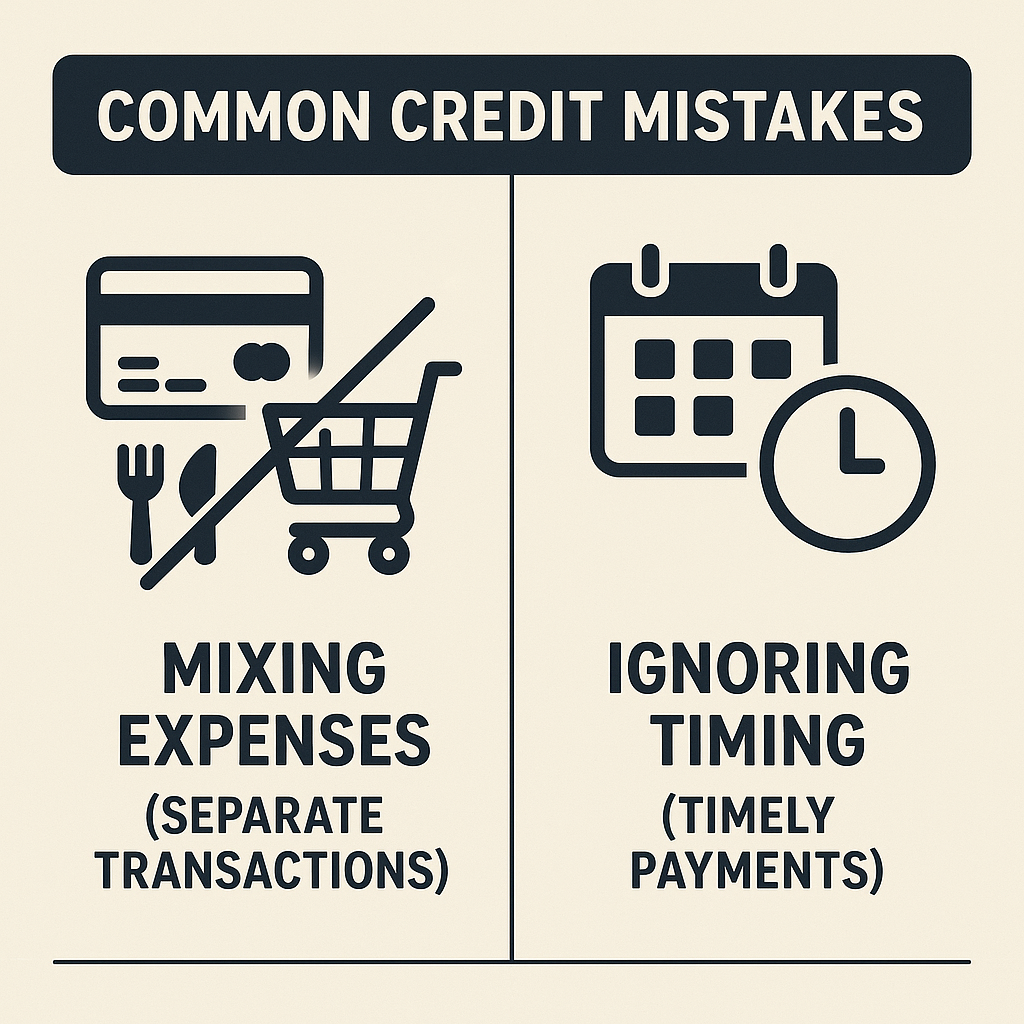Your business credit score determines whether you qualify for favorable financing terms or face expensive borrowing costs. Small business owners who actively work to improve their small business credit score gain access to better loan rates, higher credit limits, and more funding options. Building strong business credit requires strategic planning and consistent execution across multiple areas of your financial operations.
Essential Steps to Raise Business Credit Score
Taking specific steps to raise business credit score starts with establishing proper business foundations.
- Open a dedicated business bank account: Separating personal and business finances creates the foundation for building independent business credit. This separation shows lenders that your business operates as a distinct entity with its own financial track record.
- Establish business credit accounts: Open a business credit card or line of credit to create positive payment history. Start with smaller credit limits and demonstrate consistent on-time payments before seeking larger credit facilities.
Common Credit Mistakes Small Business Owners Make

Avoiding common credit mistakes small business owners make prevents damage to your credit profile.
- Mixing personal and business expenses: Using personal credit for business purchases or vice versa creates confusion for credit bureaus and can negatively impact both credit profiles. Keep all transactions clearly separated to maintain clean credit reporting.
- Ignoring payment timing: Late payments have the most significant negative impact on credit scores. Payment history accounts for a substantial portion of your credit score calculation, making timely payments crucial for credit improvement.
Monitoring Business Credit Bureaus for Score Improvement
Effective monitoring business credit bureaus ensures accuracy and identifies improvement opportunities.
- Check reports regularly: Review your business credit reports from major business credit bureaus quarterly to identify errors or outdated information. Disputing inaccuracies quickly prevents long-term damage to your credit profile and ensures lenders see accurate information.
- Track credit utilization: Maintain credit utilization below 30% of available limits across all business credit accounts. Lower utilization ratios demonstrate responsible credit management and positively influence your credit score calculations over time.
Improving your small business credit score requires consistent effort and strategic planning. Focus on establishing proper business credit foundations, maintaining excellent payment history, and regularly monitoring your credit reports. These practices build the financial credibility needed to access better funding terms and support your business growth objectives.

.png)





